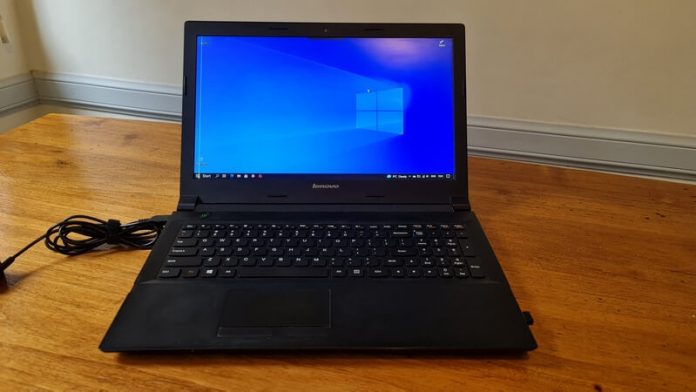It’s been years since I bought a new laptop and the only reason I’m considering buying one now is that I’ll be travelling for several weeks in the near future. Added to this, there are dozens of tasks that need to be done on a computer rather than a mobile phone. Also, I don’t much like using other people’s PCs, even as a guest.
Office Or Gaming Laptop?
My criteria are largely dictated by my previous laptop’s shortcomings.
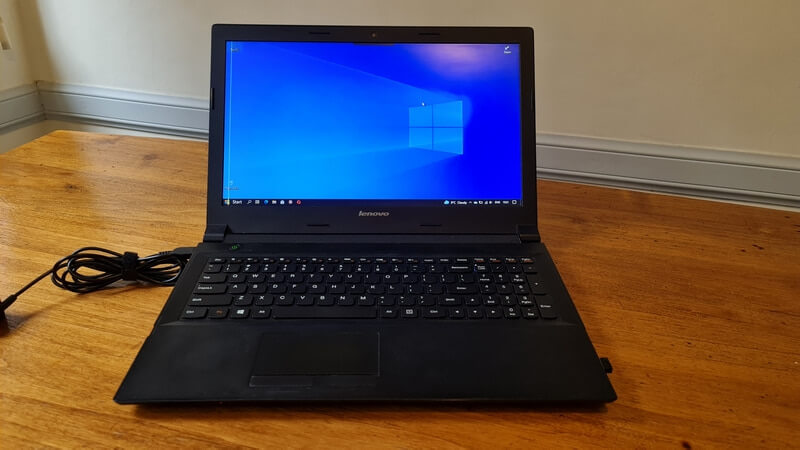

That was a Lenovo Intel i3 4030U, 4GB RAM, 500GB spinner, and Intel HD graphics that I bought second-hand. I later upgraded the memory to 8GB (max possible) and a 250GB SSD, but there was nothing I could do about the graphics – an important consideration if I wanted to play the odd game, which I couldn’t. After a couple of years of use, I sold it before it went belly up. In fact, it already had a line running through the screen, which the buyer was happy to accept.
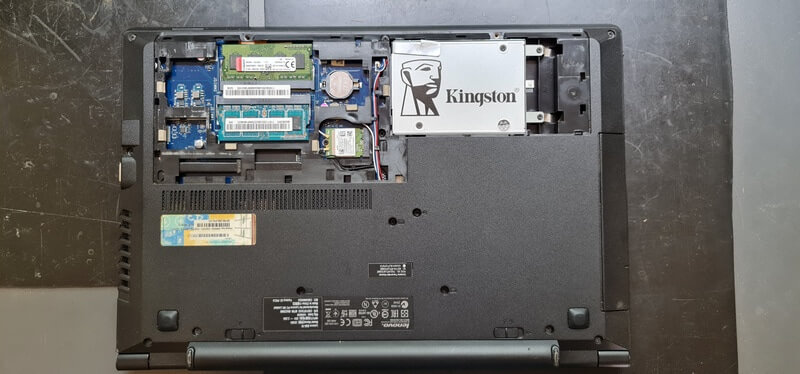

My Minimum Gaming Laptop Specifications
To be honest, I haven’t kept abreast of the laptop market in the last few years, but I do know that my next one will have to be a gaming laptop because of the higher specs. Having researched the subject extensively over the last couple of months, it will need to have the following minimum specs:
- Multicore CPU/IGPU
- 16GB RAM
- 1TB NVMe
- Discreet GPU with a minimum 6GB VRAM
- Keyboard with number pad
- Bluetooth, WiFi, ethernet port, etc
- Excellent cooling
- Under $1000
Today, the choice in the budget range of gaming laptops is mind-boggling, so somehow I had to narrow it down by brand. As an aside, I wouldn’t even contemplate buying a gaming laptop in Argentina because they cost nearly four times as much as in the US and Europe. Anyway, it turns out that my daughter bought an Asus TUF Gaming laptop in the UK a couple of years ago. She’s delighted with it and the specs, now much improved, definitely fall into my criteria.
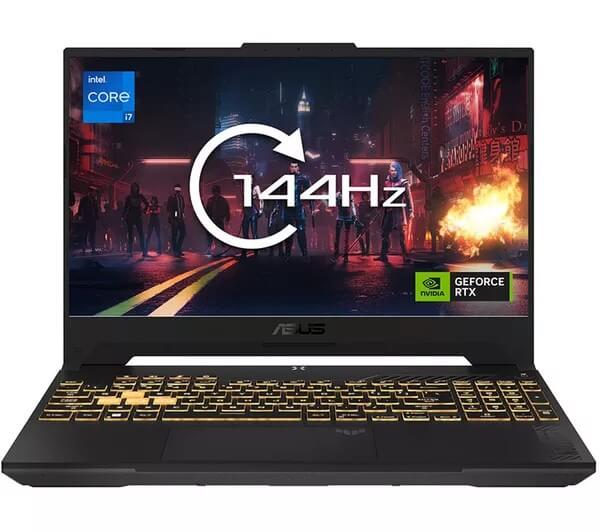
 With gaming laptops from Asus, MSI, Acer, Lenovo, HP, Gigabyte, and many more, I narrowed it down to Asus in the end. This was mainly due to the price and specification matching up, so it’s a toss-up between an Asus TUF Gaming F15 with the following specs:
With gaming laptops from Asus, MSI, Acer, Lenovo, HP, Gigabyte, and many more, I narrowed it down to Asus in the end. This was mainly due to the price and specification matching up, so it’s a toss-up between an Asus TUF Gaming F15 with the following specs:
- Intel® Core™ i7-13620H (10 cores, 16 threads)
- RAM: 16 GB DDR5
- 1 TB SSD
- NVIDIA GeForce RTX 4050 6 GB
- Ethernet port, Bluetooth, Wi-Fi 6, Thunderbolt, and numerous USB ports
- Keyboard with number pad
And the A16 model:
- AMD Ryzen 7 7435HS (8 cores, 16 threads)
- RAM: 16 GB DDR5
- 1 TB SSD
- AMD Radeon RX 7700S 8 GB
- Similar number of ports, but no Thunderbolt
- Keyboard with number pad
Both laptops have a 4-cell 90Wh battery which is said to have up to 12 hours of usage when not gaming which is an important consideration. At the moment I’m leaning towards the Asus TUF gaming F15 with an Intel/Nvidia combo and a Thunderbolt 4 connection for fast data transfer and rapid charging.
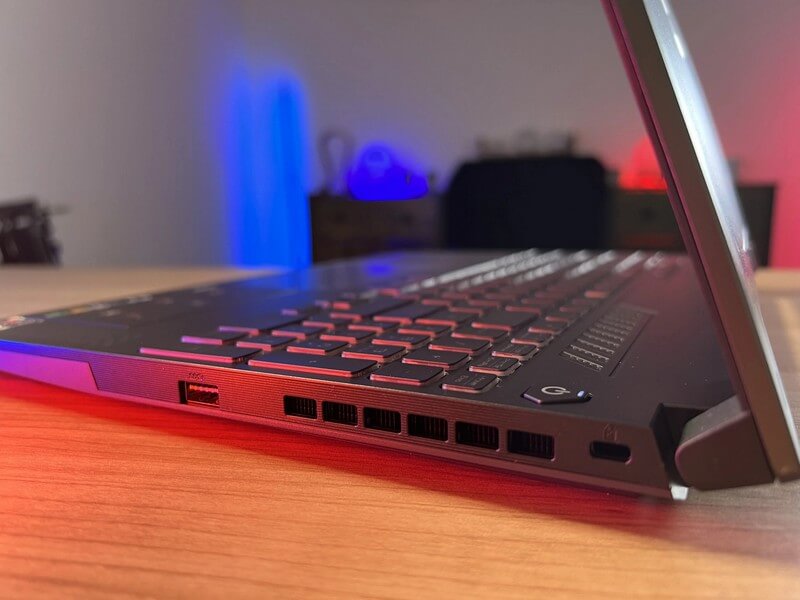

Although the specs are for a gaming machine, I don’t expect I’ll be gaming as much as I do on my desktop anyway. For me, the most important aspects of a high-end laptop (even though this one is considered a budget laptop) are processing speed, SSD read/write speed, battery life, a large (ish) clear screen with a fast response time, and upgradability of memory and SSD.
Once I’ve bought the new shiny thing and had time to play with it, I’ll try my best to write a mini-review.
—

